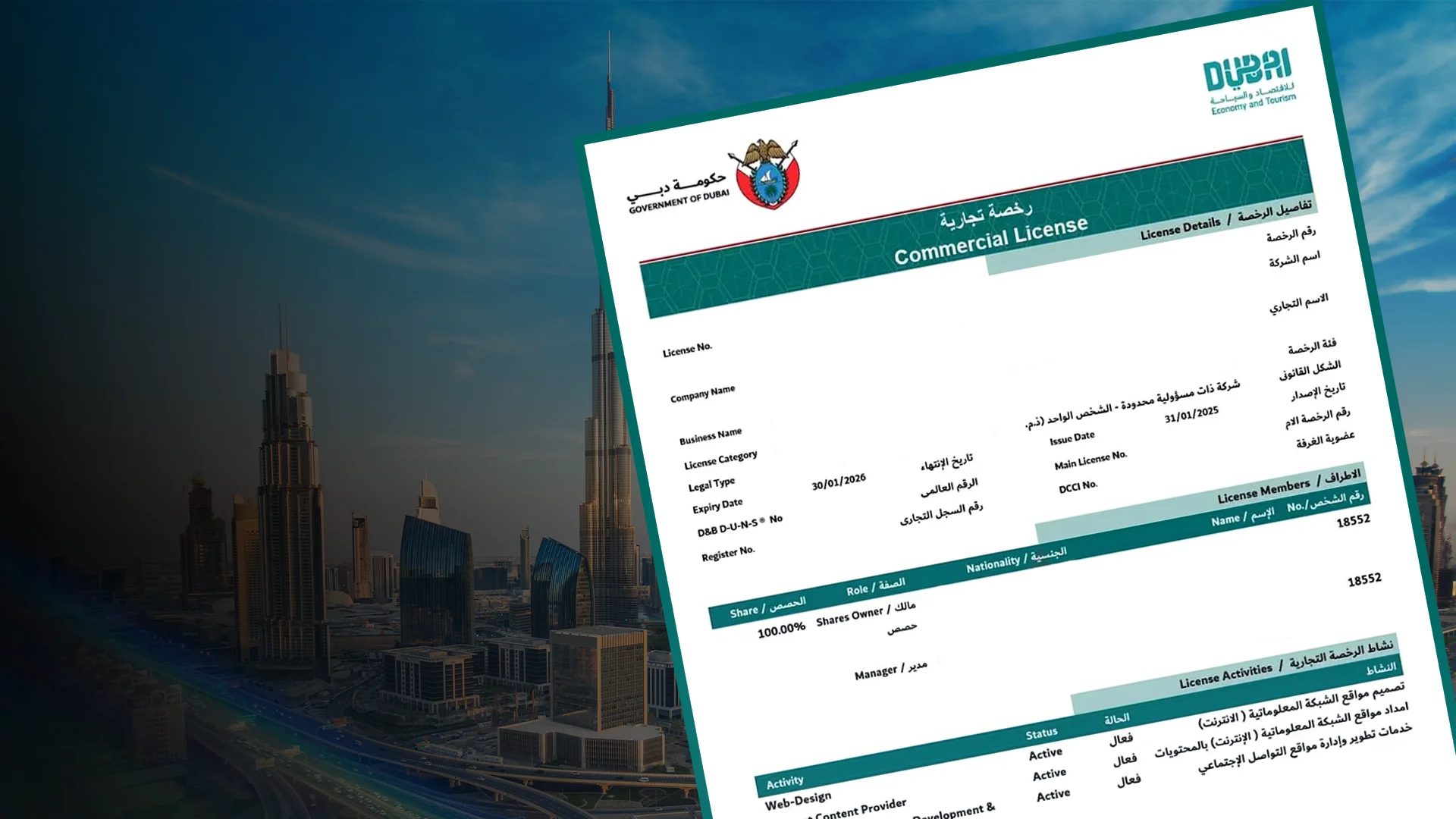
Topic Summary
1. Implement Robust Data Encryption Protocols
Ensure all sensitive company data is protected through advanced encryption methods both in transit and at rest. Employ industry-standard encryption algorithms to prevent unauthorised access and safeguard information against cyber threats.
2. Conduct Regular Employee Data Privacy Training
Educate all employees on best practices for handling personal and corporate data. Regular training sessions will enhance awareness of privacy policies, phishing schemes, and social engineering tactics prevalent in the region.
3. Establish Clear Data Access Controls
Limit data access strictly to authorised personnel by implementing role-based access systems. Regularly review and update access rights to minimise the risk of insider threats and data breaches within your organisation.
4. Comply with UAE Data Protection Laws and Regulations
Adhere to local legislation such as the UAE Personal Data Protection Law (PDPL) and any other relevant regulations to ensure lawful data handling, storage, and processing in your Dubai-based company.
5. Employ Secure Cloud Storage and Backup Solutions
Utilise reputable and compliant cloud storage providers for data hosting, ensuring that proper security measures like multi-factor authentication and continuous monitoring are in place. Additionally, maintain regular and secure backups to facilitate data recovery in the event of an incident.
Data privacy is now a critical part of running a business in the UAE.
Whether you manage customer records, process payments, store employee files, or run an e-commerce site, your company must comply with local and international data regulations.
The data protection UAE framework outlines how personal and sensitive data should be handled, stored, and processed, and the penalties for getting it wrong.
At Meydan Free Zone, we help startups and SMEs operate within the UAE's regulatory framework while maintaining full control over their internal data systems.
Overview of the UAE Data Privacy Regulations
The UAE data privacy framework is governed by Federal Decree-Law No. 45 of 2021 on the Protection of Personal Data (PDPL).
This law is part of the country’s digital transformation strategy and applies to companies handling personal data of UAE residents, even if the company is based outside the UAE.
Key provisions include:
- Clear consent for data processing
- Purpose limitation and minimal data collection
- Secure storage and encryption protocols
- The right for individuals to access, correct, or erase their data
- Mandatory reporting of data breaches
These regulations mirror principles found in GDPR UAE, aligning the UAE’s data standards with global practices.
Applicability of GDPR Principles Within the UAE
While the General Data Protection Regulation (GDPR) is a European law, the UAE’s PDPL adopts many of the same data handling practices.
Businesses that work with clients or data subjects in Europe may need to comply with both frameworks.
Meydan Free Zone follows the national PDPL and supports companies in meeting sector-specific obligations.
Businesses Required to Comply With the UAE Privacy Rules
Any business that handles data digitally must follow the data compliance guidelines in Dubai. This includes:
- Companies managing customer or employee data
- Digital platforms collecting user data
- E-commerce operators processing online payments
- SMEs and startups using CRM or HR platforms
- Service providers storing lead information or feedback
These businesses must comply with UAE privacy rules to legally operate and expand in regulated markets.
Compliance Practices to Meet UAE’s Data Protection Requirements
To operate in line with data protection UAE laws, companies should adopt the following practices:
- Limit data collection to what is necessary for operations
- Obtain consent before storing or using personal data
- Encrypt and back up sensitive information
- Restrict internal access to data
- Update data policies and privacy notices regularly
- Prepare internal protocols for data breach response
- Evaluate all software providers for compliance
Meydan Free Zone assists businesses in maintaining compliant systems from day one.
Value of Implementing Strong Data Compliance Frameworks
Complying with UAE data protection laws does more than reduce legal risk. It also helps:
- Increase customer trust
- Open access to international markets
- Build operational resilience
- Secure partnerships with regulated companies
- Position your brand as responsible and trustworthy
Meydan Free Zone supports startups with tools that integrate compliance into everyday operations.
As data privacy regulations tighten across the UAE, businesses must take proactive steps to secure personal information and ensure compliance. Whether you're handling customer details, employee records, or third-party data, aligning with the UAE’s Personal Data Protection Law (PDPL) isn’t just a legal requirement — it’s a competitive advantage that builds trust and credibility in a digital-first economy.
Key Facts About Data Protection in the UAE
- Governing Law: Federal Decree-Law No. 45 of 2021 (PDPL)
- Scope: Applies to all personal data processing activities involving UAE residents
- Penalties: May include administrative fines, depending on the nature of the violation
Looking ahead, securing your company’s data isn’t optional — it’s essential.
FAQs
1. What is the main data protection law in the UAE?
The UAE’s Personal Data Protection Law (PDPL) – Federal Decree-Law No. 45 of 2021 – is the primary national data law.
2. Does GDPR apply in Dubai?
GDPR does not directly apply, but if your company handles EU resident data, you must follow GDPR alongside UAE laws.
3. Are free zone businesses also subject to PDPL?
Yes. All companies operating in the UAE must follow the national law unless operating under a jurisdiction which has their own rules.
4. What are the penalties for non-compliance?
While the law outlines enforcement, exact fines vary based on the severity of the breach and whether data subjects are harmed.
5. What is required to become compliant?
Obtain consent, secure data storage, access control, breach readiness, and privacy documentation.
6. Do I need a data protection officer (DPO)?
Only if you process large volumes of sensitive data. Most startups and SMEs are not required to appoint a DPO but must still comply with PDPL.
7. What counts as personal data?
Names, email addresses, ID numbers, financial data, and any information that can identify a person.
8. Can Meydan Free Zone help with compliance tools?
Yes. Meydan Plus offers access to software, business services, and guidance to support digital compliance.
9. Do I need to report a data breach?
Yes. Serious data breaches must be reported to the UAE Data Office and affected individuals within specified timelines.
10. Is email marketing affected by the data law?
Yes. You must obtain clear consent before sending promotional emails and offer opt-out options.































